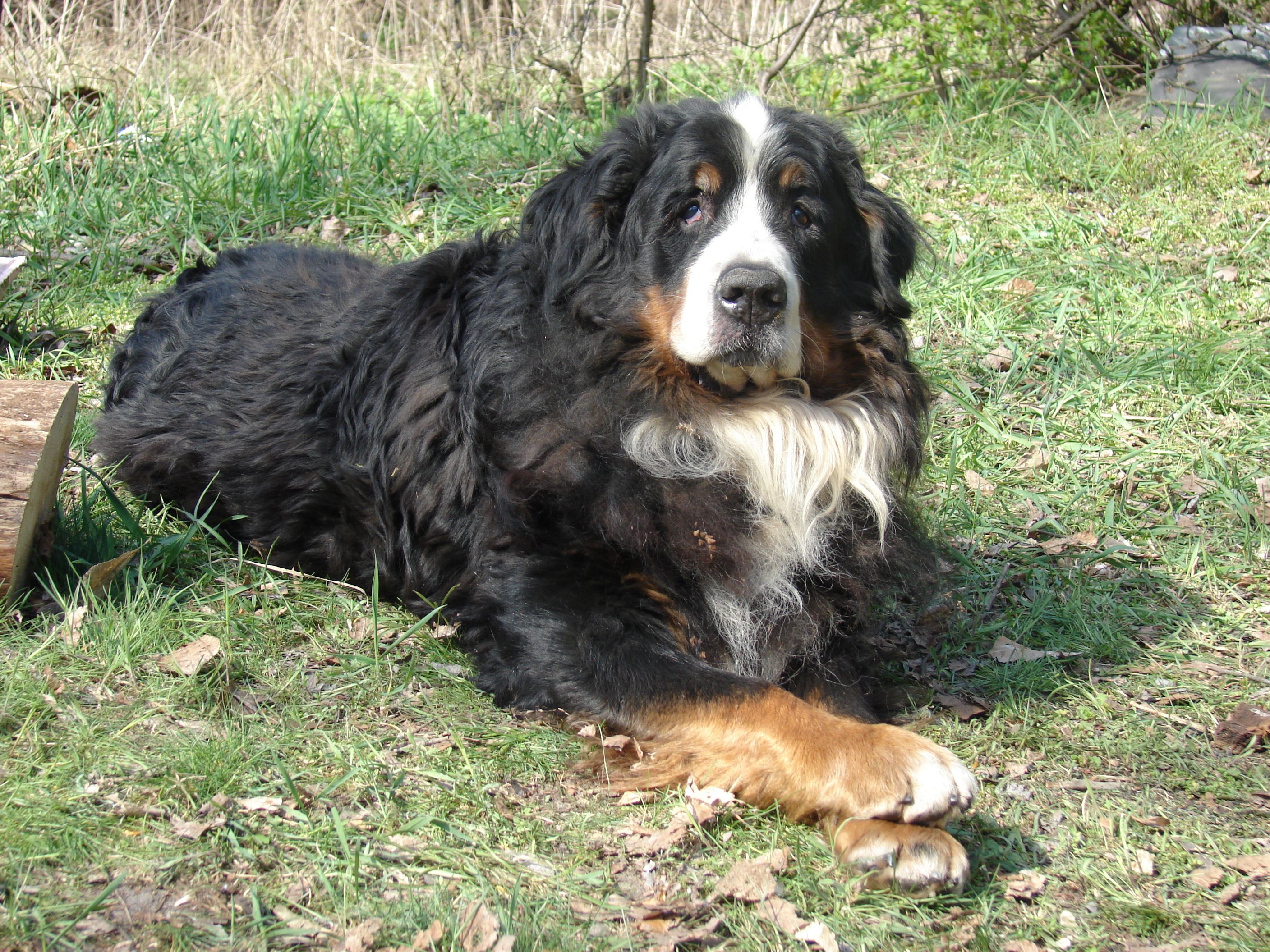FDA determines drug for lifespan extension in large dogs to have a Reasonable Expectation of Effectiveness
Celine Halioua, founder and CEO of Loyal, discussed the potential of LOY-001, a developmental therapy, with dvm360.
Photo:Andriy/Adobe Stock

A drug in development that would extend the lifespan of large- and giant-breed dogs and maintain their quality of life as they age has received some support from the FDA. According to Loyal, the biotech company developing the drug, LOY-001, the agency has given its approval for the Reasonable Expectation of Effectiveness section in application for conditional approval that was submitted to the FDA.
“We’re looking at rottweilers, Great Danes, Bernese Mountain dogs that, on the extreme, will live nearly half the lifespan that is expected of a chihuahua or a miniature poodle,” said Celine Halioua, CEO of Loyal, in an interview with dvm360. “The value in [the drug], if achieved, is inherent.”
The drug itself has not been approved by the FDA nor has it received conditional approval, but the support demonstrated by the agency is a milestone in the development process. The Center for Veterinary Medicine (CVM) at the FDA has reviewed Loyal’s data, results, and scientific arguments and determined they provide reasonable expectation of the drug’s effectiveness to extend canine lifespan and health span, ahead of today’s announcement.
The Reasonable Expectation of Effectiveness approval is an important part of Loyal’s application for the drug’s conditional approval, an accelerated pathway for increasing the availability of novel animal drugs. If the FDA also approves Loyal’s manufacturing and safety data packages, the company can then market the drug for lifespan extension in the target canine population. Conditional approval lasts for up to 5 years, during which time Loyal will collect the remaining effectiveness data and apply for the drug’s full FDA approval.
According to Linda Rhodes, VMD, PhD, an animal health industry expert with experience developing animal drugs and working with the CVM, the Reasonable Expectation of Effectiveness designation marks an impressive achievement for Loyal. “Developing a treatment that will increase longevity by reducing age-associated disease is a new indication. No drug has ever been approved with such a claim, and pioneering a new indication through regulatory agencies requires an enormous amount of rigor and persistence. Being the first to bring a treatment for such a challenging indication will be truly historic,” she said in an organizational release.
How it works
“At a high level, it works by targeting what we—meaning Loyal but also the broader scientific community—believe drives large dogs to a short lifespan,” said Halioua. Although she declined to name the active pharmaceutical ingredient in LOY-001 in the dvm360 interview, she said that information will be made public further along in the drug’s approval process.
Loyal developed LOY-001 by first looking at the underlying mechanisms of aging. The drug works by reducing insulin-like growth factor 1 (IGF-1), a key biomarker hormone that drives cell growth, and is believed to reduce the lifespan of large dogs. According to the company, selectively breeding dogs for size is understood to cause elevated levels of IGF-1. Furthermore, large dogs have up to 28x the levels of IGF-1 as small dogs.
“Veterinarians are very familiar with this idea that historical inbreeding has caused a milieu of diseases in modern dogs today. Think hip dysplasia in German Shepherds and breathing issues in brachycephalic dogs. The hypothesis of the drug is that the genes that we inadvertently and unintentionally selected for when we were trying to make a dog that drew really fast in puberty also causes a dog to age at a faster rate and, therefore, die sooner,” said Halioua, in the interview.
The data submitted by Loyal to the FDA included studies showing LOY-001’s ability to reduce levels of IGF-1 and the beneficial impact on functional outcomes in dogs. This was further supported by a large observational study of the functional and biomarker impacts of canine aging. The study involved 452 companion dogs of 84 different breeds, aged 2 to 18. It validated the clinical relevance of the functional outcomes seen in Loyal’s earlier studies.
“The extreme phenotypic variety found in dogs is not ‘natural’—it’s the result of intensive breeding by humans to create dogs that excelled at tasks such as herding, protection, and companionship,” said Brennen McKenzie, director of veterinary medicine, Loyal; former president of the Evidence Based Veterinary Medicine Association; and a practicing veterinarian, in the release. “At Loyal, we see the short lifespan of big dogs not as inevitable, but as a genetically associated disease caused by historical artificial selection, and therefore amenable to targeting and treatment with a drug.”
LOY-001 also represents a new category of pharmaceutical product, according to Halioua. This category is one that is focused on targeting mechanisms of aging to prevent or delay the onset of age-associated diseases, rather than patients becoming ill before they are treated.
Looking down the pipeline
Loyal officials anticipate LOY-001 becoming available on the veterinary pharmaceutical market in 2026. Halioua said the company expects the veterinarian-administered drug to be marketed at a price point that makes it accessible to the majority of pet owners. “This is not something for billionaires’ dogs only. We are currently doing the pricing sensitivity work but we’re talking to both veterinarians and pet parents. You can safely assume is going to be in the double digits per month for pet parents when it comes out to market,” she said in the interview.
Halioua also noted the company is working on other products aimed at canine longevity. “Loyal was founded with the ambitious goal of developing the first drugs to extend healthy lifespan in dogs,” she explained, in the release. "This milestone is the result of years of careful work by the team. We’ll continue to work just as diligently to bring this and our other longevity programs through to FDA approval.”
Reference
FDA agrees Loyal data supports Reasonable Expectation of Effectiveness for large dog life extension. November 28, 2023. Accessed November 28, 2023. https://www.businesswire.com/news/home/20231127326868/en/FDA-Agrees-Loyal-Data-Supports-Reasonable-Expectation-of-Effectiveness-for-Large-Dog-Lifespan-Extension